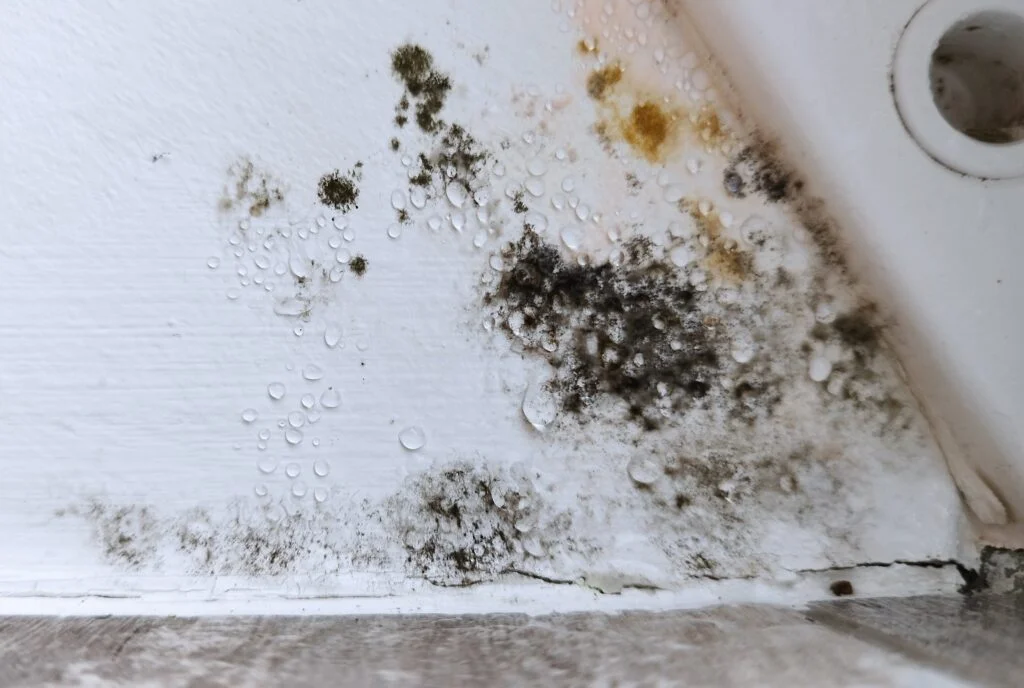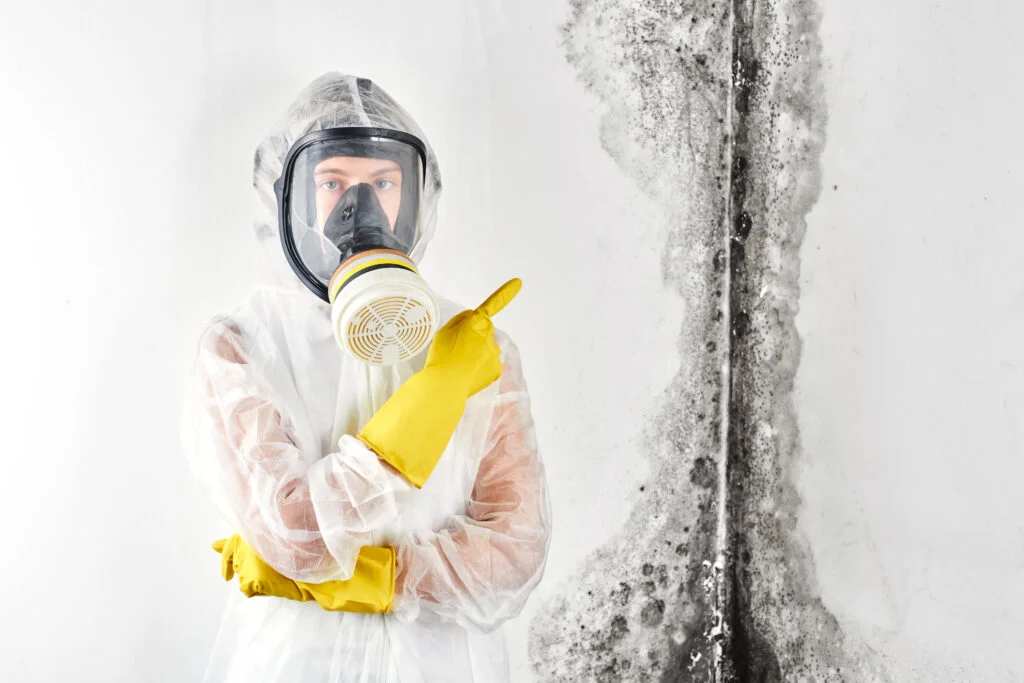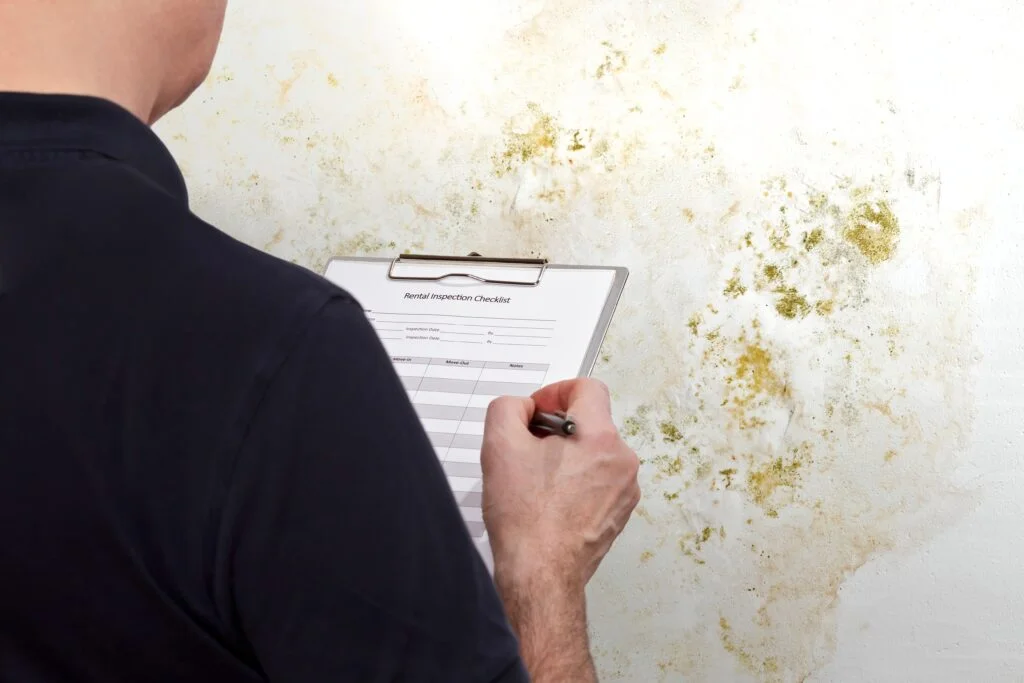Washing Machine Mold Inspection and Testing
Our team specializes in washing machine mold inspection and testing, ensuring your appliance is free from harmful mold spores. We use thorough and reliable methods to spot any mold issues, giving you peace of mind. If you’ve noticed a musty smell or just want to take steps to prevent mold, our friendly experts are here to help. Let us support you in keeping your laundry area clean and healthy!
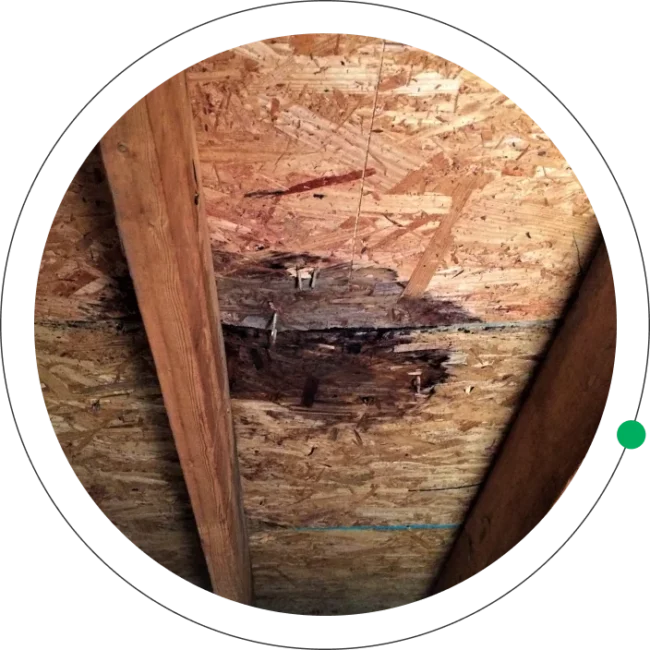
Why Are Washing Machines Prone to Mold Growth?
In Florida, washing machines are a prime spot for mold to grow because of all the moisture, heat, and leftover detergent. Front-loading machines are especially at risk since water tends to get stuck in the door seals.
The humidity in Florida makes things worse by keeping moisture inside the machine even after a wash. Over time, this can lead to musty odors, black spots, and potential health issues. Mold can build up in areas you can’t easily see, like behind the drum or inside seals.
Another reason washing machines can get moldy is the buildup of detergent, fabric softener, and dirt that doesn’t fully rinse away. Over time, this buildup creates a layer where mold can easily grow. This is especially true in spots that are harder to clean, like the detergent drawer or inside the hoses.
Washing clothes in cooler water can also add to the problem. Hot water helps break down buildup and kills bacteria, but many people use cold or warm cycles to save energy or protect their clothes. While that’s great for your laundry, it doesn’t do much to stop mold from growing in the machine. Leaving wet clothes in the washer too long after a cycle can also cause mold to build up. With Florida’s humid air, that extra moisture makes it even easier for mold to take over.
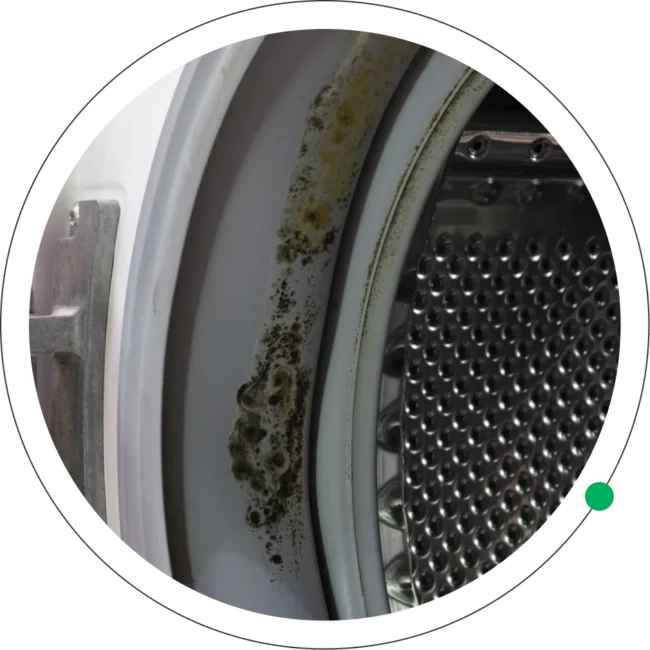
Common signs that indicate the presence
of Washing Machine Mold are

Musty Smells
If you smell something sour or musty coming from your washing machine, it could mean that mold is hiding inside the drum or seals. If your laundry still smells funny after washing, it’s a good idea to take a closer look.

Visible Mold
Check the rubber door seal, detergent dispenser, and inside the drum for dark spots or fuzzy patches. Mold can show up as black, green, or white spots. If you see any of these, it’s time to investigate further.

Stains on Clothes
If you notice dark or strange stains on your clothes after washing, this could mean that mold is transferring from the machine. This is a clear sign that your washing machine needs some attention.

Excess Moisture
After running a wash cycle, look for condensation inside the door or around the drum. If it’s not drying out properly, it can create a damp environment that’s perfect for mold growth.

Sticky Residue
If you find a build-up of detergent or fabric softener in the drawer or on the seals, this residue can trap moisture and promote mold. If you see hardened residue, it’s time to give those areas a good clean.

Allergies or Breathing Problems
If you or your family are having more allergy symptoms or breathing issues, mold in your washing machine could be a contributing factor. Mold spores can easily become airborne during wash cycles.

Unusual Noises
If your washing machine is making strange sounds while running, it might be a sign that mold is interfering with its parts. If you hear weird noises or feel vibrations, consider having it checked.

Water Pooling
If you notice water pooling inside the machine after a cycle, that can create a perfect spot for mold to grow. This might indicate a drainage issue that needs fixing.

Longer Drying Times
If your clothes come out wetter than usual or take longer to dry, mold could be affecting how well your washing machine works. This could mean moisture is lingering inside.

Clogged Hoses
Check the hoses connected to your washing machine for any blockages or buildup. Clogged hoses can lead to water backup and create a moist environment for mold.

Damaged Seals
If the rubber seals on your washing machine door are flaking or peeling, this damage can trap moisture and dirt, which can contribute to mold growth.
Tips to Identify Washing Machine Mold
- Take a few minutes each week or every other week to look at your washing machine.
- Check the door seal, detergent drawer, and inside the drum for any visible mold.
- The earlier you catch it, the easier it is to deal with.
- If you notice a musty or sour smell coming from your washing machine, pay attention! This could be a sign of mold..
- If your clothes smell off even after washing, it’s a good idea to investigate further.
- After doing laundry, keep an eye out for any strange stains or dark spots on your clothes.
- These might mean that mold is transferring from the washing machine to your laundry.
- The rubber seal around the door is a common hiding place for mold. Gently pull it back and check for any black, green, or white spots.
- Make sure to clean it regularly to help keep mold from growing.
- After a wash cycle, look for any excessive moisture inside the drum or on the door.
- If your machine isn’t drying out properly, it might create a space where mold can spread.
- Take a look at the detergent drawer. If you see hardened residue or build-up of detergent or fabric softener, it could be trapping moisture and encouraging mold growth.
- Clean this area regularly to minimize the risk.
- Sometimes, mold can be hard to spot. Using a flashlight can help you see dark areas inside the drum and around the seals, making it easier to find any hidden mold.
- Make sure the drainage hose isn’t clogged or kinked. A blocked drainage system can lead to water pooling, which is a perfect place for mold to grow.
- Keep an eye out for any allergy symptoms or respiratory issues in your family. Increased reactions could suggest that mold is circulating in your home, possibly linked to your washing machine.
- Keep an eye out for any allergy symptoms or respiratory issues in your family. Increased reactions could suggest that mold is circulating in your home, possibly linked to your washing machine.
Regularly inspecting your Washing Machine Mold and maintaining proper ventilation, insulation,
Regular maintenance, immediate attention to spills and leaks, and ensuring proper ventilation can help prevent mold growth in carpeted areas.
Simple Tips to Keep Mold Out of Your Washing Machine
ETA tips for preventing it
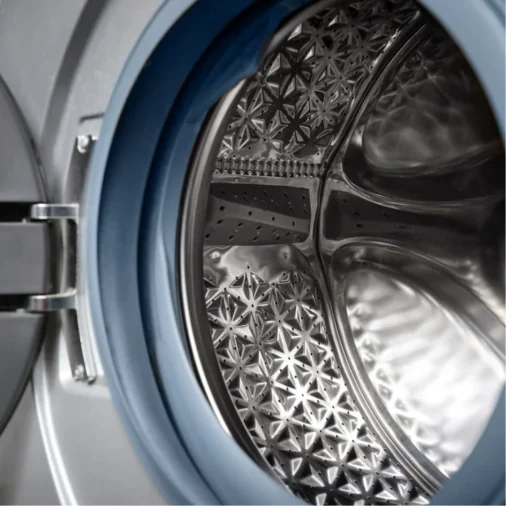
Leave the Door Open
- After you finish a wash, leave the door open for a few hours. This allows the inside to dry completely and cuts down on moisture that can lead to mold.
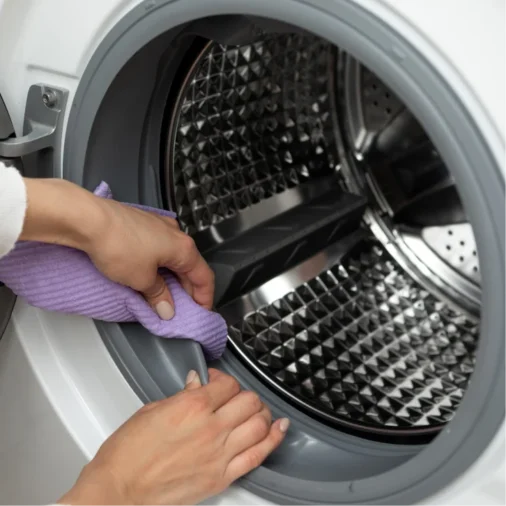
Clean the Rubber Seal
- Make it a habit to wipe down the rubber door seal with a damp cloth every now and then.
- This removes any dirt, detergent, or moisture, making it harder for mold to take hold.
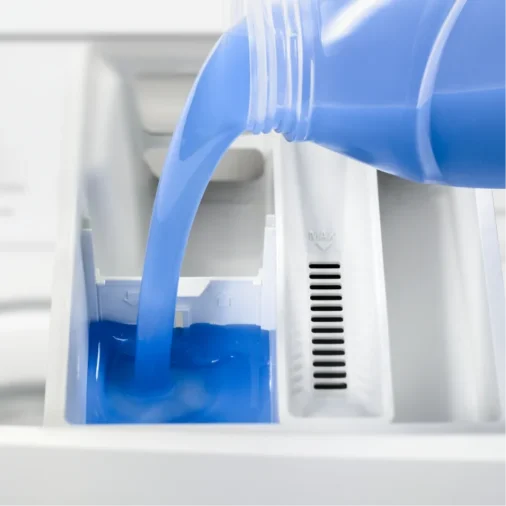
Use the Right Detergent
- If you have a high-efficiency (HE) washing machine, stick with HE detergent and don’t overdo it. Using too much detergent can leave residue that traps moisture and encourages mold growth.
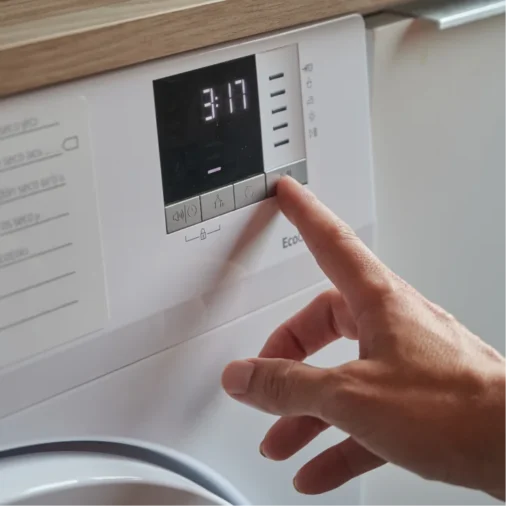
Run Hot Water Cycles
- Every so often, run a hot water cycle with just a cup of white vinegar or baking soda.
- This helps clean the interior and gets rid of any mold spores or unpleasant smells.
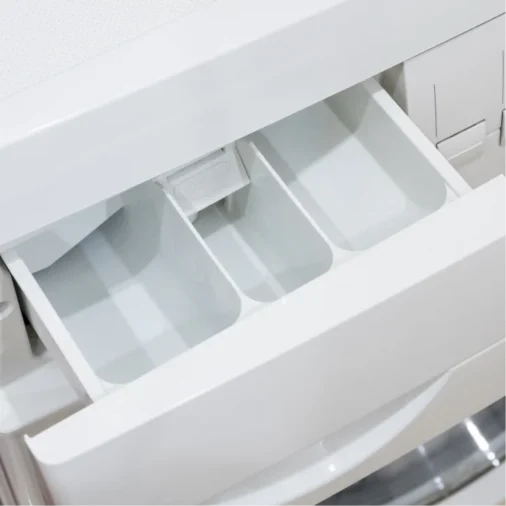
Dry the Detergent Dispenser
- After each use, take out the detergent drawer and let it air dry.
- This keeps moisture from building up in the dispenser, which can create a good spot for mold to grow.
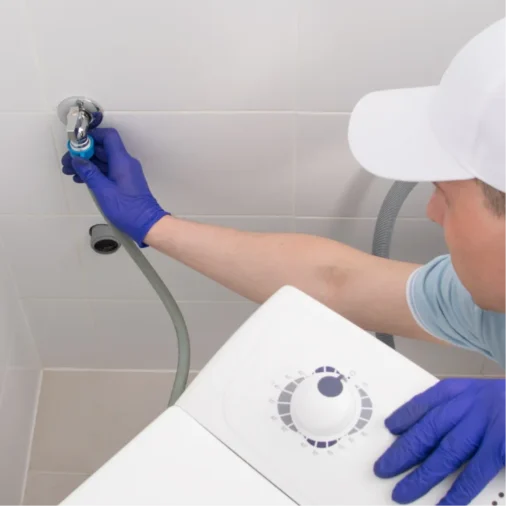
Check Hoses Regularly
- Keep an eye on the hoses connected to your washing machine.
- Look for kinks or clogs and make sure they’re draining properly to avoid any water pooling that could lead to mold.

Avoid Overloading
- Plan for regular checks on your washing machine to ensure everything is working well and that there are no leaks.
- Stick to the manufacturer’s load size recommendations for the best results.
Ventilate Your Laundry Area
- Try to keep your laundry area well-ventilated and at a comfortable temperature.
- This can help reduce humidity, making it less likely for mold to form.
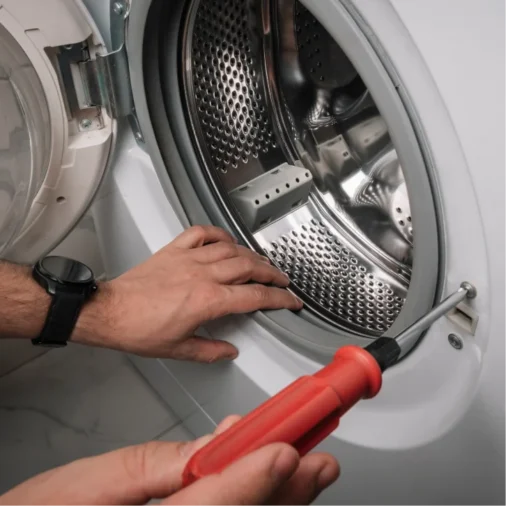
Schedule Regular Maintenance
- Plan for regular checks on your washing machine to ensure everything is working well and that there are no leaks.
- Taking care of issues early can help prevent mold from becoming a problem.
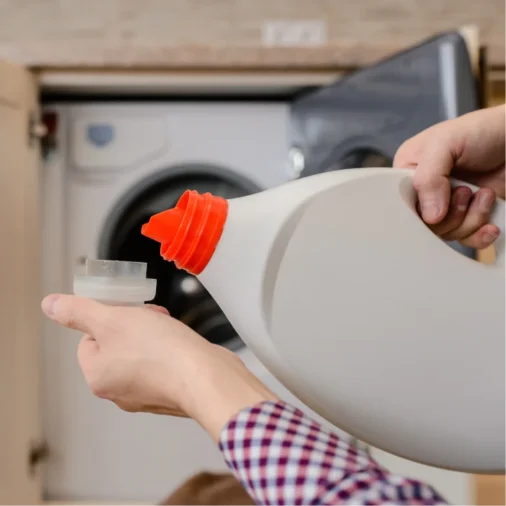
Consider Mold Inhibitors
- You might want to look into using mold inhibitors made for laundry appliances.
- These products can help create a protective barrier against mold.
Choose ETA for Expert Mold Testing
Ensure your garage is safe and mold-free with ETA’s expert mold testing services. With our commitment to accuracy, efficiency, and customer satisfaction, you can trust us to deliver comprehensive assessments and actionable insights. Don’t wait until it’s too late—choose ETA to protect your health and property. Contact us today to schedule a professional mold inspection and take the first step towards a healthier, safer space.
Professional Mold Inspection & Air
Quality Testing Services in South Florida.

The Mold Inspection Process

DETECTION
We’ll discover the source of infrastructure damage. This is imperative and also the first step in our process.

TESTING
We send all samples to an accredited laboratory. Our labs know this is our priority and will give the most detailed results possible.

ASSESSMENT
Our certified and licensed assessors will compile a comprehensive report providing our documentation and lab analysis. All information comes with a scope of work.
Why Choose Environmental
Testing Agency?
Our team is comprised of industry-certified experts with extensive knowledge and experience in environmental testing. We utilize the latest technology and methodologies to ensure accurate and reliable results, making us leaders in the field.
Expertise
We are committed to providing exceptional customer service. Our team is responsive, thorough, and dedicated to assisting clients through every step of the testing process. We prioritize clear communication and tailored solutions to meet your specific needs.
Customer Service
Quality is at the core of everything we do. From rigorous testing procedures to detailed reporting, we ensure that all services meet the highest standards. Our commitment to quality helps clients make informed decisions based on dependable data.
Quality
Licensed, Certified,
and Insured Mold Inspection
and Air Quality Testing Company.

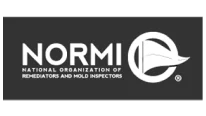



Before Booking an Air Quality Test
and Mold inspection Services
Receive $50 off!

Washing Machine Mold FAQs
To tackle mold, run a hot water cycle with white vinegar or baking soda. Be sure to clean the rubber seal and detergent drawer, and always leave the door open after each wash to let it dry out. If the mold persists, you might want to reach out to a professional for a thorough inspection.
Yes, using too much detergent can leave a residue that traps moisture, which encourages mold growth. Always follow the manufacturer’s instructions for the right amount of detergent to use.
Front-loading washing machines are generally more likely to have mold issues because of their design, which can trap moisture. However, any washing machine can develop mold if it isn’t properly maintained.
To prevent mold, regularly clean the rubber seal, use the right amount of detergent, run hot water cycles, and leave the door open to allow air to circulate. Keeping up with maintenance and inspections also helps keep mold from growing.
Look out for signs like unpleasant smells, dark spots on the rubber seal or drum, stains on your clothes, and extra moisture inside the machine after washing. Regular checks can help you catch mold early.
Mold loves warm and damp places, which is why washing machines can be a target. Things like too much moisture, poor air circulation, and leftover detergent can help mold grow. In humid areas like Florida, the chances of mold developing are even higher.
Yes, mold in your washing machine can be a health concern. It releases tiny spores into the air that might cause allergies or breathing problems. Keeping your machine clean and checking it regularly can help reduce these risks.
Definitely. Black mold can grow in washing machines, especially in moist spots like the rubber door seal and the detergent drawer. It’s important to check these areas regularly and clean them to prevent mold from taking hold.
Yes, being around black mold can lead to health issues like allergic reactions and respiratory problems. If you spot black mold in your washing machine and notice any health concerns, it’s best to address it quickly.
It’s a good idea to check your washing machine every week or every two weeks for any signs of mold. Regular inspections can help you spot problems before they worsen.
Areas We Serve
In Florida
1. Miami Dade
- Coral Gables
- Coconut Grove
- Miami Beach
- Star, Palm & Hibiscus Island
- Key Biscayne
- Keystone Islands
- San Souci
- Miami Shores
- Pinecrest
- Brickel
- Bal Harbor
- Bay Harbor Islands
- Indian Creek
- Surfside
- Eastern Shores
- Sunny Isles
- Aventura
- Golden Isles
- Golden Beach
- The Roads
2. Broward
3.Palm Beach
- Royal Palm Beach
- Lake Worth
- Lantana
- Boca Raton
- Boynton Beach
- Manalapan
- Singer Island
- South Palm Beach
- North Palm Beach
- Tequesta
- Highland Beach
- Ocean Ridge
- Country Club Acres
1. Miami Dade
- Coral Gables
- Coconut Grove
- Miami Beach
- Star, Palm & Hibiscus Island
- Key Biscayne
- Keystone Islands
- San Souci
- Miami Shores
- Pinecrest
- Brickel
- Bal Harbor
- Bay Harbor Islands
- Indian Creek
- Surfside
- Eastern Shores
- Sunny Isles
- Aventura
- Golden Isles
- Golden Beach
- The Roads
2. Broward
- Bonaventure
- Hallandale
- Miramar
- Hillsboro Beach
- North Lauderdale
- Coconut Creek
- Hollywood
- Sea Ranch Lakes
- Oakland Park
- Sunrise
- Coral Springs
- Parkland
- Dania
- Lauderdale By The Sea
- Pembroke Park
- Tamarac
- Davie
- Pembroke Pines
- University Park
- Deerfield Beach
- Plantation
- Weston
- Fort Lauderdale
- Lighthouse Point
- Pompano Beach
- Wilton Manors
3. Palm Beach
- Royal Palm Beach
- Lake Worth
- Lantana
- Boca Raton
- Boynton Beach
- Manalapan
- Singer Island
- South Palm Beach
- North Palm Beach
- Tequesta
- Highland Beach
- Ocean Ridge
- Country Club Acres
- Jupiter
- Palm Beach
- Jupiter Inlet Colony
- Palm Beach Gardens
- Wellington
- Jupiter Island
- Palm Beach Shores
- Delray Beach
- Palm Springs
- Lake Clarke Shores
- Pelican Lake
- West Palm Beach


